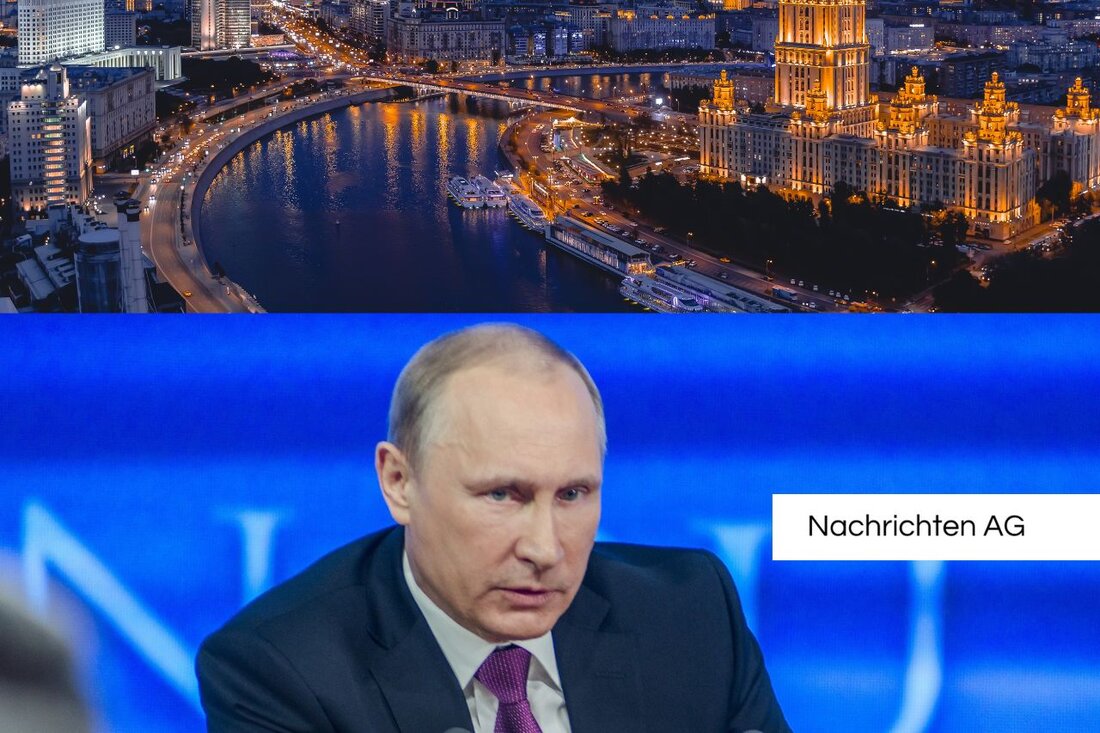India and Pakistan: Dangerous nuclear weapons attacks and threats!

India and Pakistan: Dangerous nuclear weapons attacks and threats!
In the past few days,India and Pakistan have once again raised serious allegations against each other that relate to the management of their nuclear weapons. This happened after another ceasefire that came about after four days of intensive border border. Almost 70 people died in these arguments, which further fueled the worrying situation in the region.
India's Minister of Defense Rajnath Singh expressed profound concerns about the security situation of the Pakistani nuclear weapons. He described Pakistan as "irresponsible and villain" and demanded that the IAEA (international atomic energy organization) should be monitored. This was rejected by Pakistan's Ministry of Foreign Affairs as an expression of "deep uncertainty and frustration" about the country's defense ability. Pakistan's government criticized Singh's ignorance of the tasks of the IAEA and pointed out that the international community should be warned of incidents of theft and illegal trade in nuclear material in India. According to Al Jazera is commissioned to monitor the peaceful use of nuclear technologies.
conflict history and escalation
The dispute between India and Pakistan about nuclear weapons is a disturbing legacy of the past that goes back to the independence of Great Britain in 1947. Historical arguments, especially the controversial area of Kashmir, have repeatedly led to military conflicts. According to a report by Deutschlandfunk , both countries have waged several wars in the past, including in 1947, 1965 and 1999. Kashmir remains a central point of rivalry and Pakistan claim.
There were also military actions between the escalation of the fights last week. An Indian soldier in Srinagar, Kashmir, was on alert, and the Indian police killed three suspect fighters in the city of Tral, in the Pulwama district. Indian military forces were involved in a change of shooting with other fighters in the southern Kashmir Valley, which further tightened the tensions.
international context
The conflict between India and Pakistan in terms of nuclear weapons is not just a regional matter. Five constant members of the UN Security Council-USA, Great Britain, France, Russia and China-have jointly agreed on an explanation in which it is emphasized that a nuclear war cannot be obtained and must never be managed. This message is intended to support the Nuclear Weapon Control Treaty, which has been in force since 1970 and is to prevent the spread of nuclear weapons.
India and Pakistan, which became nuclear tests in 1998 by mutual atomic tests, did not sign the nuclear weapon blocking contract. According to estimates by the Swedish Foundation Sipri, India has around 150 nuclear warheads, while Pakistan has around 160. Experts warn of the danger of atomic escalation, in particular on the basis of the different economic developments and the unfavorable geopolitical situation, in which China tends to tend to put itself on Pakistan.
In the middle of this tense situation, US President Donald Trump surprisingly announced a ceasefire. Meanwhile, Prime Minister Narendra Modi confirmed that India was able to attack militant hiding places in the neighboring country if there are new aggression. Pakistan rejected these statements as "provocative and upgrading" and described it as a dangerous escalation of the already tense situation in the region.
| Details | |
|---|---|
| Ort | Tral, Kaschmir, Indien |
| Quellen | |
